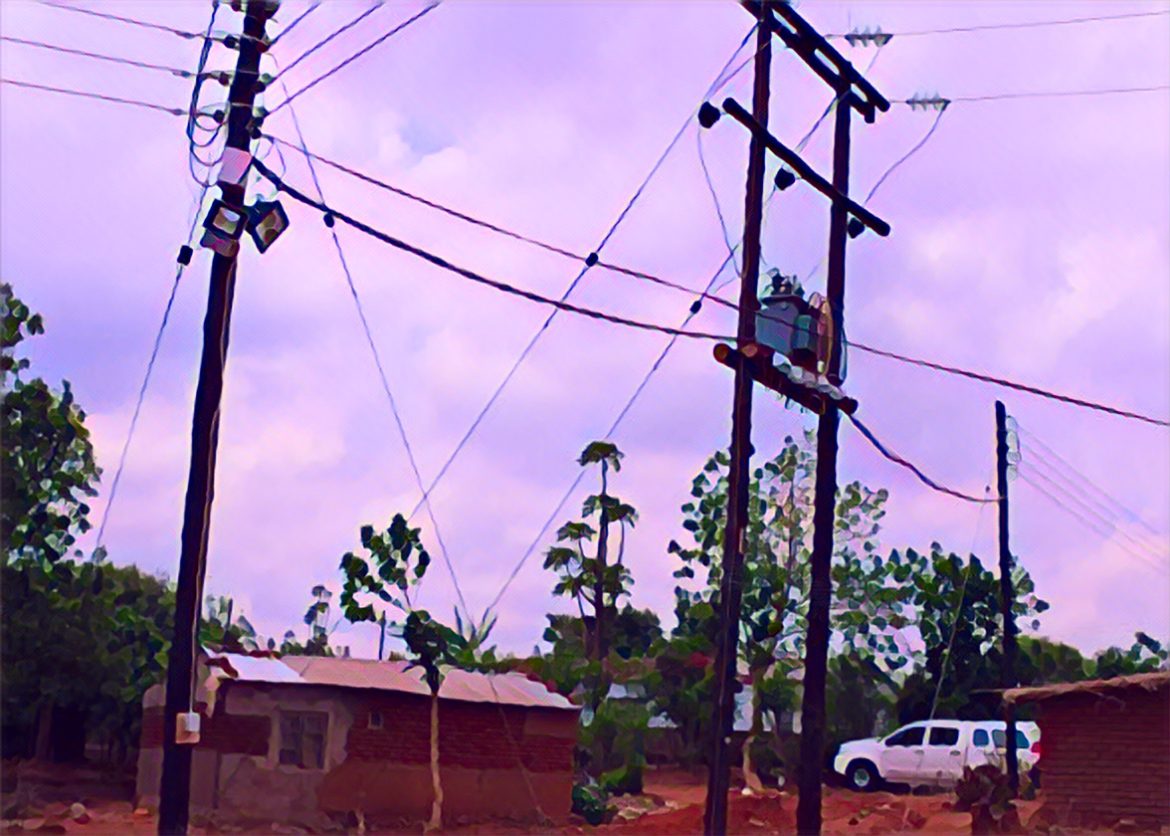KEY POINTS
- Zimbabwe’s Rural Electrification Fund has connected numerous rural institutions to the national grid, yet a significant urban-rural electricity access gap remains.
- Challenges such as funding constraints, infrastructure deficits, and policy inconsistencies hinder progress in rural electrification.
- Strategies including diversification of energy sources, public-private partnerships, community engagement, and policy strengthening are essential to advance rural electrification.
Achieving comprehensive rural electrification in Zimbabwe is essential for socio-economic development, improved healthcare, and enhanced educational opportunities. Despite notable progress, significant challenges remain.
To realize universal access to electricity, a multifaceted approach is required, focusing on infrastructure development, policy reforms, and sustainable energy solutions.
Current progress and initiatives
Zimbabwe’s Rural Electrification Fund (REF) has made commendable strides in extending electricity to rural areas. By November 2024, the REF had connected numerous rural institutions, including schools and health centers, to the national grid.
For instance, the Zivuku to Chamanhanzva Electrification project in Chivi District benefited two schools, a clinic, a business center, and nearby offices.
Additionally, the Bemba mini-grid solar system in Matabeleland North’s Tsholotsho district, a 60 kW solar project, now provides electricity to 27 households, a health center, a primary school, and a business center.
In a significant development, President Emmerson Mnangagwa announced in December 2024 that President Paul Kagame of Rwanda assisted Zimbabwe in securing US$800 million for its rural electrification program.
This funding aims to transform rural livelihoods by providing access to electricity across the country.
Challenges and areas for improvement
Despite these advancements, as of 2022, approximately 91.1 percent of households without electricity were in rural areas, highlighting a significant urban-rural divide.
The primary challenges impeding rural electrification include several critical factors. Funding constraints remain a significant barrier, as the Rural Electrification Fund (REF) relies on a 6 percent levy that has proven insufficient to accelerate electrification efforts.
Although the government allocated ZWL $354 million in 2022 to support the program, more substantial and consistent funding is required to make meaningful progress.
Infrastructure deficits further complicate the situation, with many rural areas lacking the foundational infrastructure necessary for grid expansion. This deficiency increases the complexity and cost of electrification projects.
Strategies for advancing rural electrification
To address these challenges and accelerate rural electrification, Zimbabwe should adopt a multifaceted approach. It is important to diversify energy sources of which renewable energy such as solar energy should be encouraged.
The success of solar mini-grids, such as the one in Hakwata village, highlights the sustainability and cost-effectiveness of such projects in rural areas.
Public-private partnerships (PPPs) can play a pivotal role by mobilizing additional resources and expertise. To foster private sector involvement, the government needs to set down the right policies and rewards.
Awareness-raising and involvement of local communities in the planning and implementation process are effective since people are committed to take charge so that solutions reflect their needs.
Educational programs can further promote the efficient use of electricity and proper maintenance of infrastructure. Finally, strengthening policy frameworks is essential to expedite progress.


